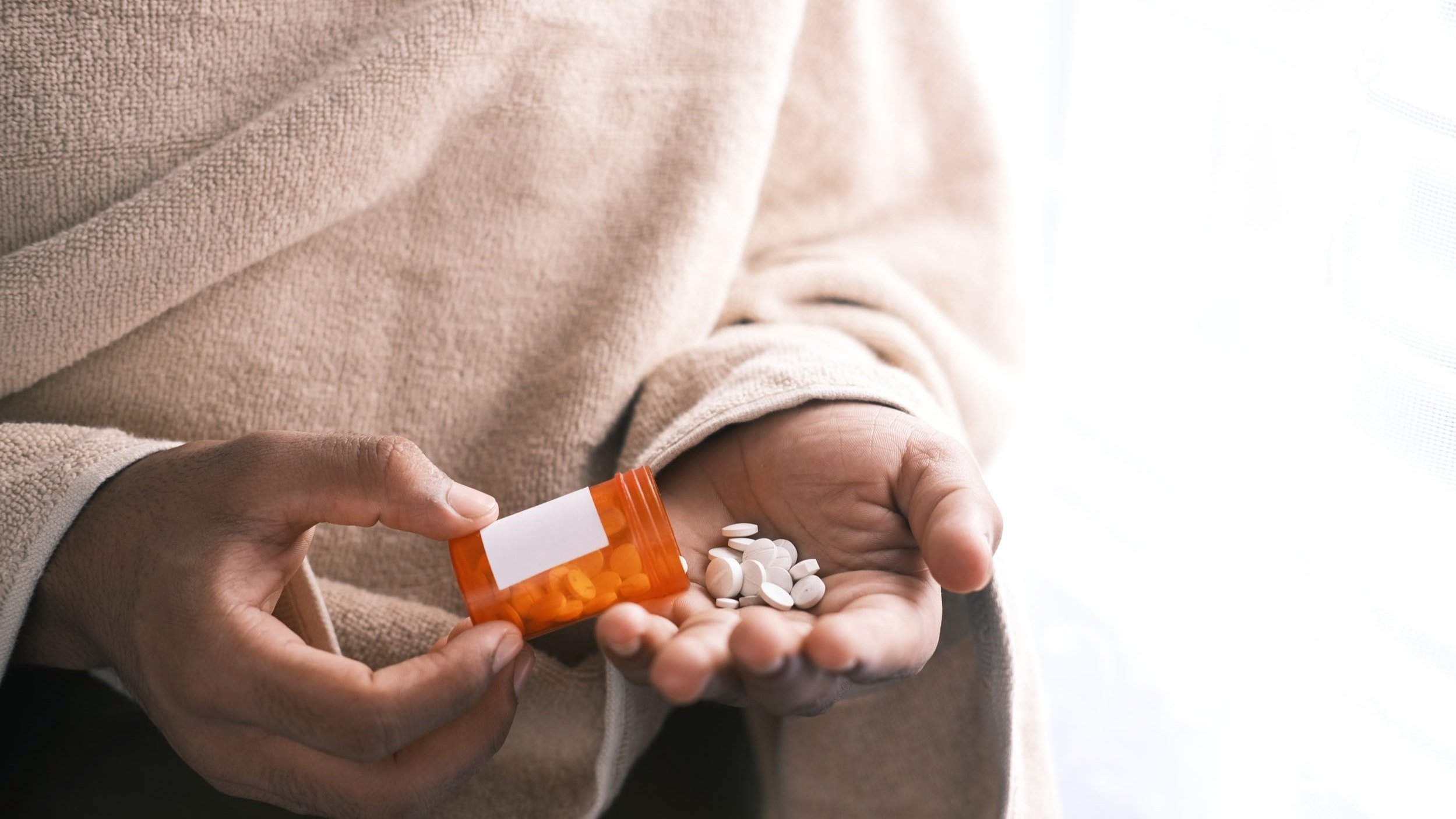
The Stigmas Surrounding Isotretinoin
By Chanel Mao – March 24, 2022
Isotretinoin, better known by its brand name Accutane, is an oral vitamin A derivative used to treat severe cases of acne. When ingested, isotretinoin works to minimize oil glands by slowing down pore-clogging skin cell production, normalizing hair growth, and killing inflammatory bacteria, therefore diminishing sebum and oil production (both of which are primary aggravators of acne). Since this medication is one of the few prescriptions that directly targets the sebaceous glands, isotretinoin is regarded as one of the most effective acne treatments. But with most patients experiencing acne clearing within just four to five months after usage and an alarming 85% success rate, what constitutes the public hesitancy and negative stigma surrounding isotretinoin usage?
Beginning in 1982, Accutane was first approved by the FDA as a solution for treating acne that was deemed unresponsive to traditional methods. With the medication’s most prominent warning being a category X pregnancy rating (when the risk of taking the drug while pregnant greatly outweighs any benefits due to the possibility of extreme birth defects), Accutane’s initial reception was fairly positive. However, as more medical studies began to investigate the effects of isotretinoin years after its release, a few had highlighted a possible link between its usage and dangerous, pregnancy-unrelated side effects including depression, psychosis, and suicidal thoughts/tendencies. Eventually, the FDA was forced to issue an alert on all isotretinoin products, urging doctors to observe patients for any unusual changes in behavior. Accutane was finally removed from the market in 2009 following its steady decline, and is now only used under the close supervision of a dermatologist.
In recent years, however, isotretinoin has started gaining positive popularity, mostly due to its high efficacy rates. Although concerning side effects of isotretinoin usage are still noted, Misaki Natsuaki, associate professor of psychology and director of the UCR Developmental Transitions Laboratory, also notes that “undertreatment of acne itself is related to depression and anxiety, especially in females.
Though isotretinoin usage can cause serious mental health issues, self-image and confidence undoubtedly contribute to one’s mental state as well. Therefore, it is important for patients to research isotretinoin before consumption, and properly weigh its risks and rewards. Nevertheless, this medication provides a silver lining for those struggling with acne.
